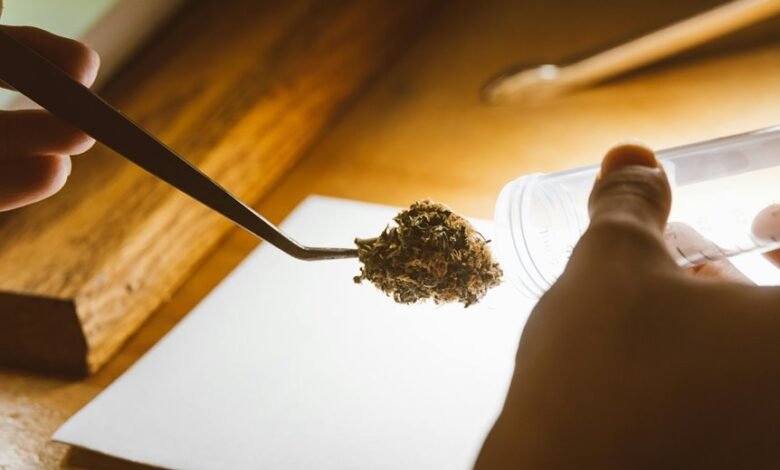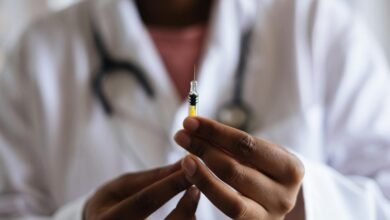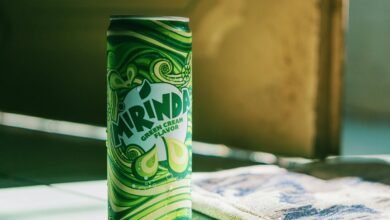Can Cbd Cause You to Fail a Drug Test

The relationship between CBD and drug tests raises important questions. While CBD itself is not usually detectable in standard screenings, the presence of THC in some products poses a risk. Consumers must be aware of potential contamination, which could lead to unexpected results. Understanding the nuances of both compounds and how testing works is crucial. What steps can individuals take to ensure they remain compliant while using CBD?
Understanding CBD and THC: Key Differences
Cannabidiol (CBD) and tetrahydrocannabinol (THC) are two prominent compounds derived from the cannabis plant, each possessing distinct properties and effects.
CBD benefits include potential relief from anxiety and inflammation without psychoactive effects, while THC effects can produce euphoria and altered sensory perception.
Understanding these differences is crucial for individuals exploring cannabis for wellness or recreational use, emphasizing informed choices about their consumption.
How Drug Tests Work: What They Detect
Understanding the distinction between CBD and THC is important, especially when considering the implications of drug testing.
Drug test types, such as urine, saliva, and blood tests, employ various detection methods to identify the presence of THC. These tests typically target specific metabolites associated with THC consumption, leaving CBD largely undetected.
Awareness of these processes can empower individuals to make informed decisions regarding CBD use.
The Risk of THC Contamination in CBD Products
Although CBD products are marketed as containing little to no THC, the risk of THC contamination remains a significant concern for consumers.
Inadequate cbd sourcing practices and misleading product labeling can lead to unexpected THC levels in these products.
Consumers must be vigilant and seek out reputable brands that provide transparent testing results to minimize the chances of failing a drug test due to THC exposure.
Tips for Choosing CBD Products Safely
Selecting CBD products requires careful consideration to avoid the pitfalls associated with THC contamination.
Consumers should prioritize products that adhere to rigorous lab testing standards, ensuring they are free from unwanted THC levels.
Additionally, clear product labeling is essential, providing transparency regarding ingredient composition and cannabinoid content.
Conclusion
In the intricate dance between CBD and drug testing, the shadow of THC contamination looms large. While CBD itself may be a beacon of wellness, the hidden traces of THC can lead to unforeseen consequences. Consumers must navigate this landscape with caution, choosing products backed by transparency and rigorous testing. By doing so, they can safeguard their peace of mind, ensuring that their pursuit of health does not unwittingly entangle them in the web of drug testing pitfalls.






